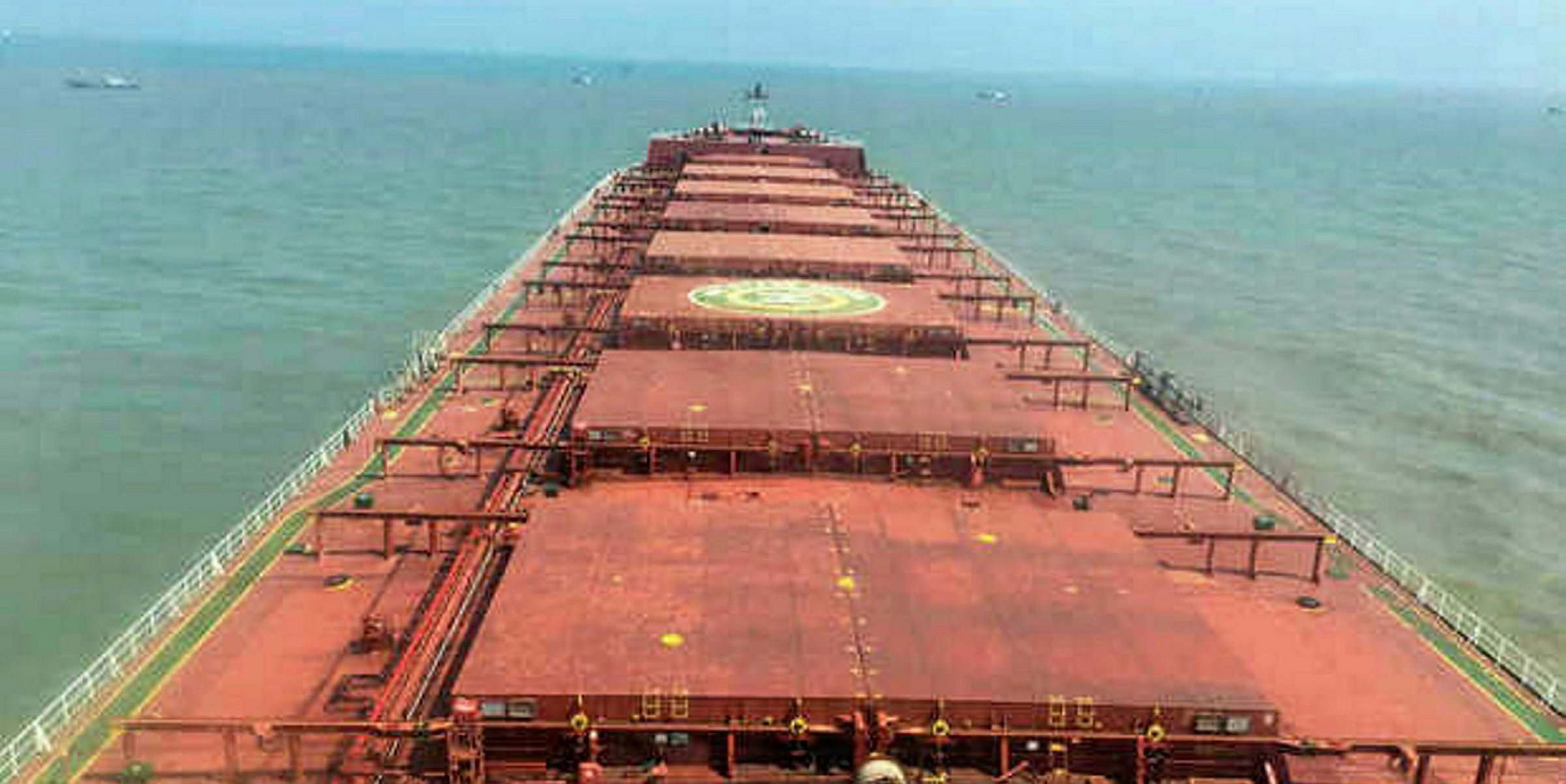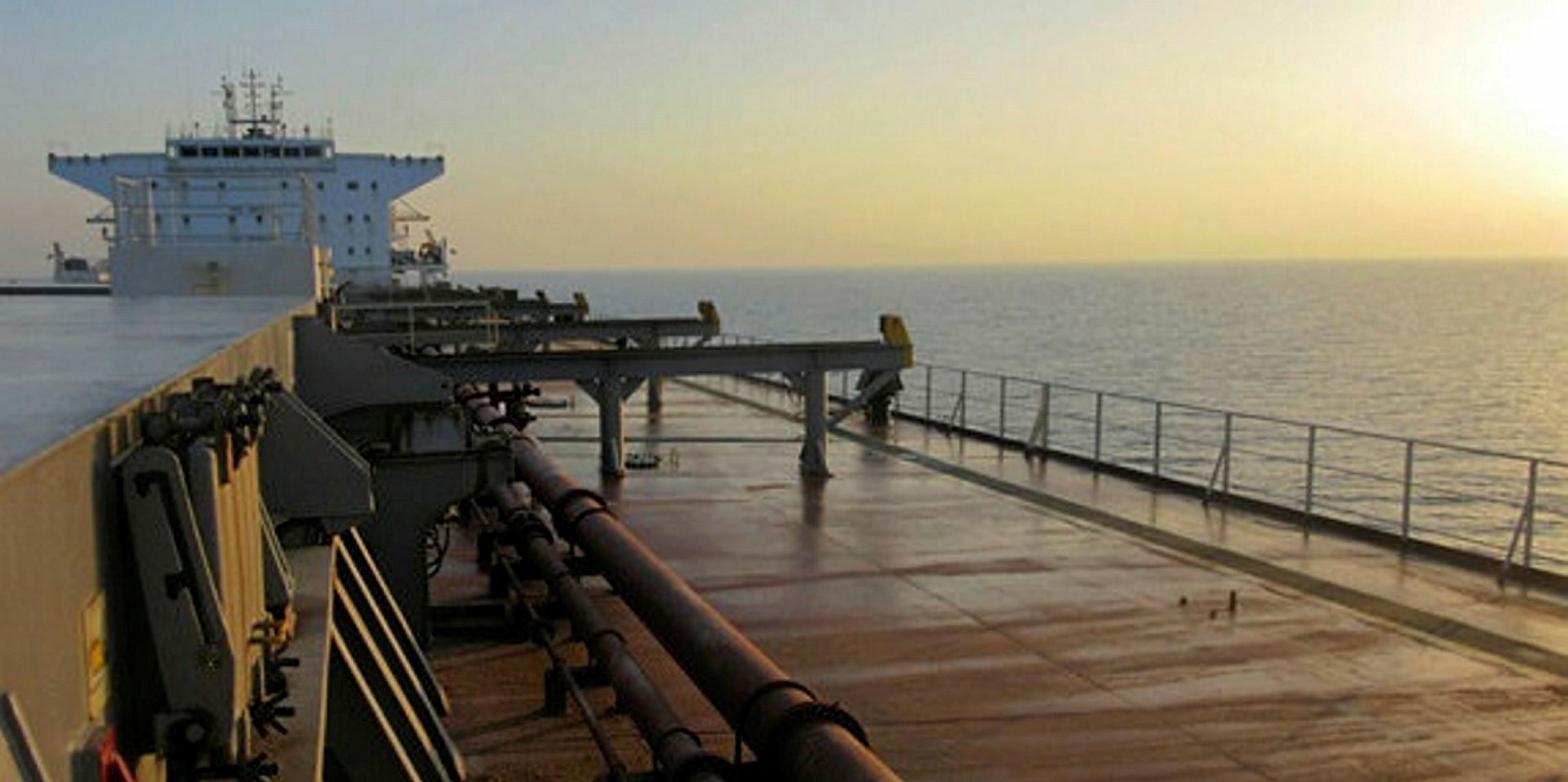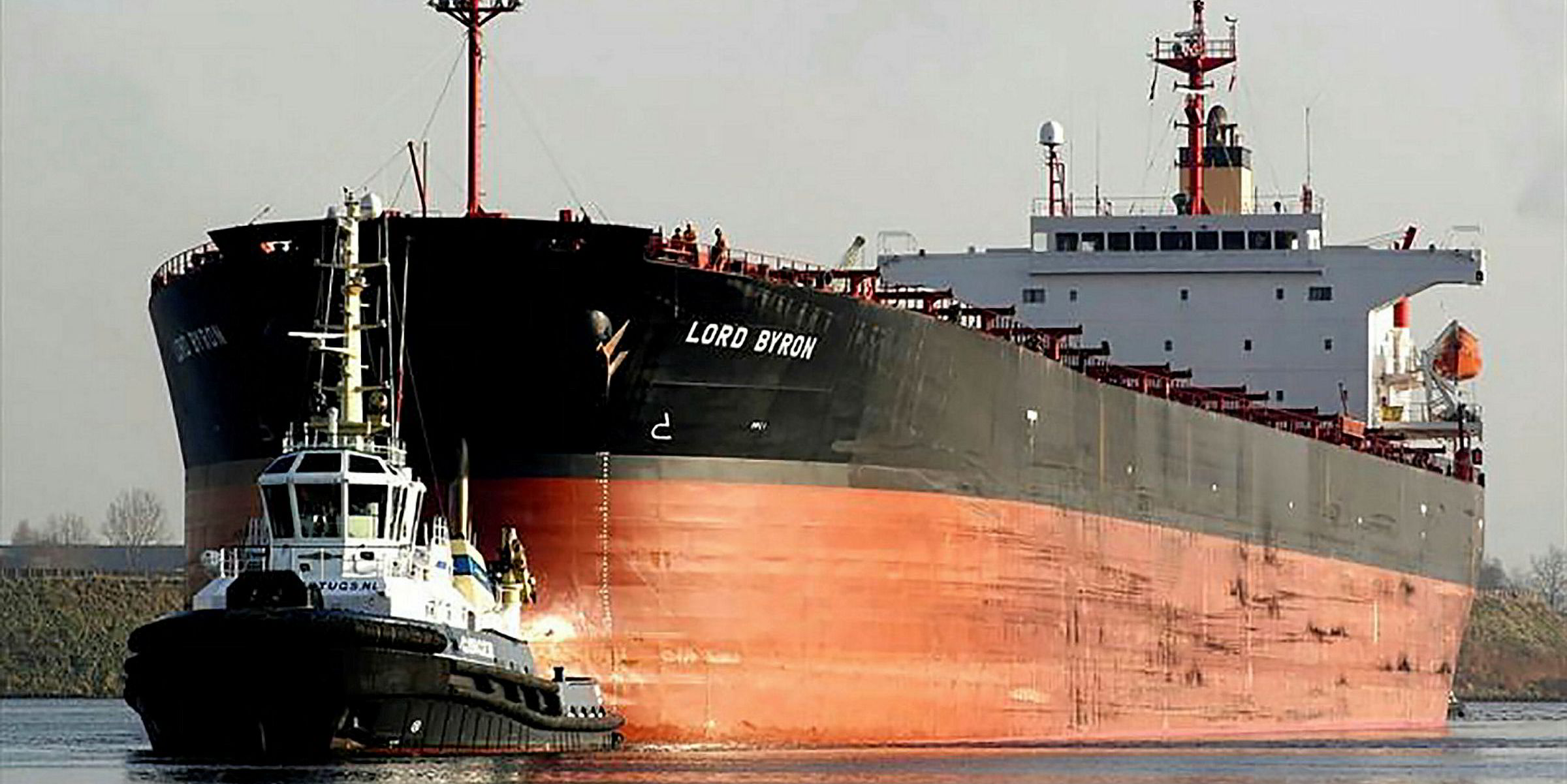Brazil's iron-ore exports hit a year-to-date high last week amid robust Chinese demand, making the case for higher spot capesize rates for the rest of 2020.
The country's shipments of the commodity rose to 7.7m tonnes last week, the highest weekly volume since the beginning of the year, according to Clarksons Platou Securities.
"Australian shipments increased slightly to 16.5m tonnes," it wrote in its daily market report.
Spot capesize rates moved upward last week, seeing a 9% improvement on average to $19,912 per day, while those for the popular Brazil-China route slid 1% to $17,486 per day.
Soybean imports rise
Capesize rates slid to $224 per day to $19,697 per day on Monday as the Brazil-China leg saw rates fall by $232 per day, according to Baltic Exchange assessments.
"Last week, the Chinese customs administration reported that Chinese imports of soybeans were up 18% year over year and iron-ore imports were up 24% year over year in July on rising imports from Brazil," Jefferies analyst Randy Giveans wrote in a client note.
"Iron-ore imports hit a record high of 112m tonnes, up from 101m tonne in June.
"We believe that Chinese demand for iron ore and soybeans will continue to increase as Chinese economic activity recovers and Brazilian production expands further, boosting dry bulk rates throughout the second half of 2020."
He said rates also stand to benefit from economic recovery in China, increasing Brazilian iron-ore exports, and very low fleet growth.
Patience is a virtue
Still, consistent upward momentum may not arrive until later in the year, the Baltic Exchange noted in its daily report.
"The dog days of summer, combined with a Singapore holiday, spelled a very thin day in the capesize market today," it said on Monday.
"The index seemed content to slide against Friday’s closing physical market, with the time-charter average losing $215."
Panamaxes, meanwhile, continued their positive direction since last week.
The smaller asset class' rates improved on average to $14,400 per day on Monday from $14,070 per day on Friday and $11,045 per day on 31 August.
"A strong start to the week — primarily sentiment-driven, and despite the Singapore holidays, and the lack of any reported fixing," the exchange wrote.
"A distinct lack of tonnage supply in some areas, including the North Atlantic and Brazil, meant that the market was poised to move up."






